In this article, I discuss how problematic behaviours such as substance use are typically driven by three distinct kinds of beliefs.
Estimated reading time: 3 minutes.
Clients often seek therapy to address maladaptive behaviours which are negatively affecting their lives and the lives of those around them. Among these behaviours are substance use, gambling, procrastination, binge eating and cheating on one’s relationship partner.
A first step in addressing such maladaptive behviours is identifying beliefs the person has which lead them to engage in the behaviours. The beliefs which lead to the behaviours are of three kinds. I will discuss these beliefs in the following sections.
Negative core beliefs about the self
The first kind of beliefs which can lead to maladaptive behvaiours are negative core beliefs about the self. For people who have suffered abuse or other forms of trauma, such beliefs reside in their consciousness and are triggered by events such as failures at work, school, relationships or in other performance areas such as sports.
Negative core beliefs about the self take the form of all-or-nothing views of oneself such as ‘I’m inadequate’, ‘I’m worthless,’ ‘I’m incompetent’ and ‘I’m unlovable’. Urges to engage in maladaptive behaviours often follow the triggering of negative core beliefs about the self so that the person does not have to sit with these unpleasant and sometimes painful beliefs as well thinking about the negative experiences which instilled them.
Permission-giving beliefs
The second type of beliefs which can lead to maladaptive behaviours are permission-giving beliefs. These kinds of beliefs typically arise when a person has an urge to engage in such behaviours. As I mentioned in the previous section, these urges often occur when the person has had a negative core belief about the self triggered by recent events.
As the name implies, permission-giving beliefs give the person the ‘green light’ to engage in maladaptive behaviours. As a result, such behaviours are likely to occur once the person has a permission-giving belief in their mind. Examples of permission-giving beliefs are ‘I’ve had a stressful day and I deserve to relax. Having some drinks would really take the edge off and take my mind off my problems’ and ‘What’s the point in trying to stay sober? I’m such a loser—I might as well have some drinks because I’m going to fail at staying sober like I fail at everything else.’
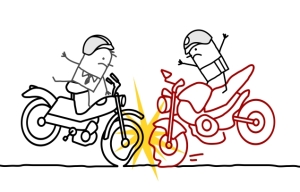
Beliefs following maladaptive behaviours
After the person has engaged in the maladaptive behaviour as a result of permission-giving beliefs, they will typically have additional beliefs come to mind which can lead to further engaging in the maladaptive behaviour. In effect, engaging in the maladaptive behaviour is often viewed as a failure which re-triggers negative core beliefs about the self and the painful emotions accompanying them.
This leads to new urges to engage in the maladaptive behaviour to avoid thinking these negative beliefs and experiencing the accompanying unpleasant emotions. And, you guessed it—permission-giving beliefs typically ensue to give the person the green light to further engage in the maladaptive behaviours.
For example, consider someone who has worked hard to stay sober for several months. Then one day they experience significant setbacks professionally and in their relationships. As a result of ongoing abuse they suffered as a child, they carry with them negative core beliefs about themselves which come to the surface on this ‘day from hell’. This leads them to have urges to use drugs to avoid thinking these beliefs and to numb themselves to the accompanying emotional pain. The urges become so difficult to manage that they act on permission-giving beliefs which leads them to engage in drug use.
Once they have done so, they feel intense guilt and depression from having broken their sobriety. The negative core beliefs about themselves are triggered by this perceived failure, leading to more permission-giving beliefs such as ‘I knew I couldn’t stay sober. I’m such a loser. I might as well go back to using like I did before.’
Can the cycle of beliefs driving maladaptive behaviours be broken?
The cycle of beliefs driving maladaptive behaviours can continue indefinitely. Fortunately, however, it can be broken with strategies to address the three types of beliefs which drive the maladaptive behaviours. I will discuss these strategies in my next article.
May you identify the beliefs which drive your maladaptive behaviours,
Dr. Pat

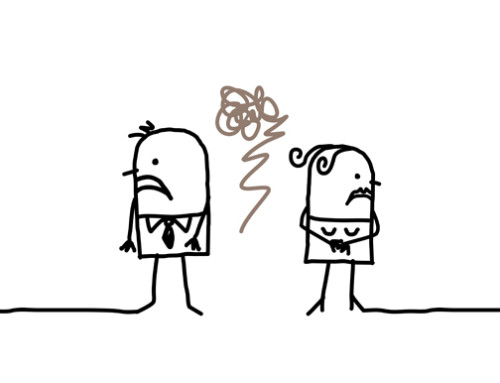
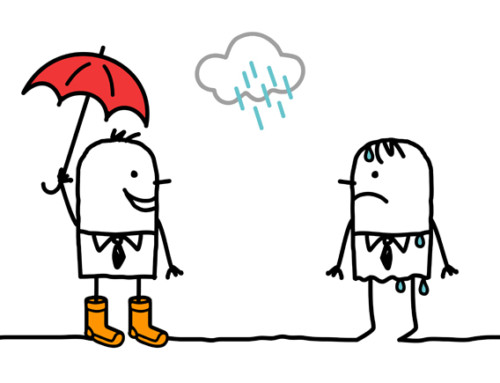
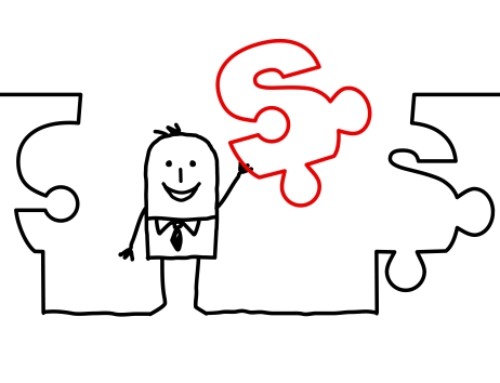

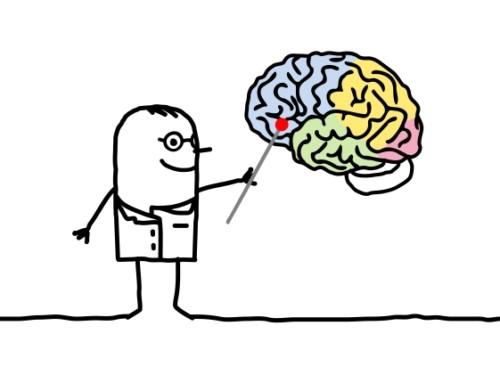
Leave A Comment